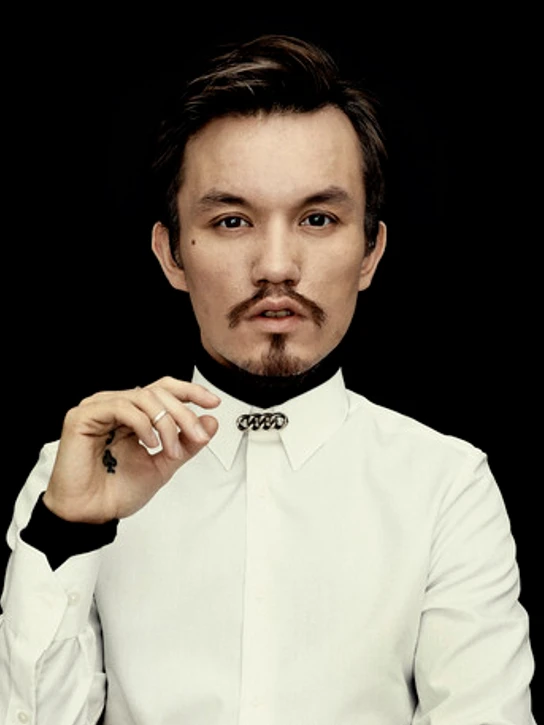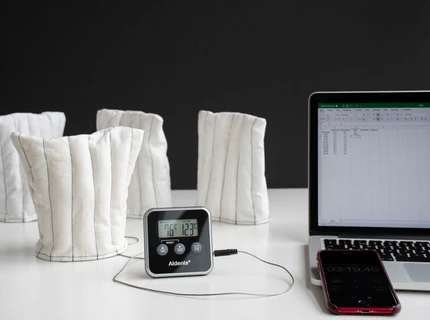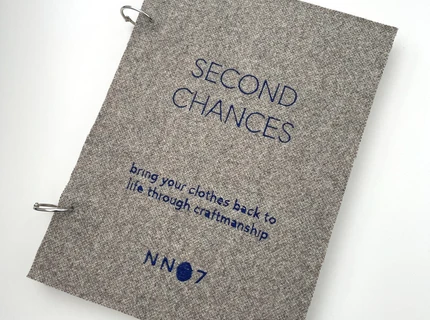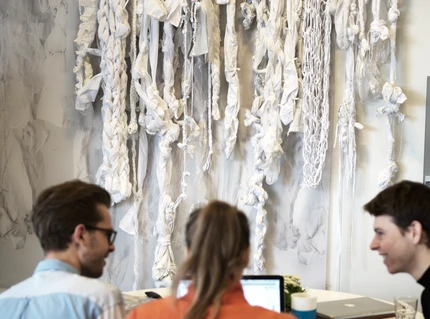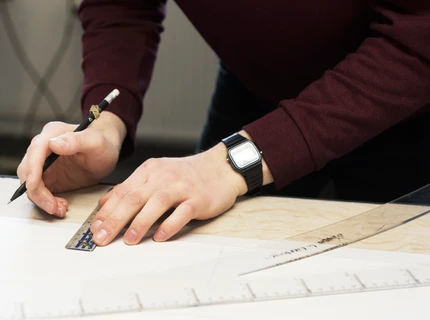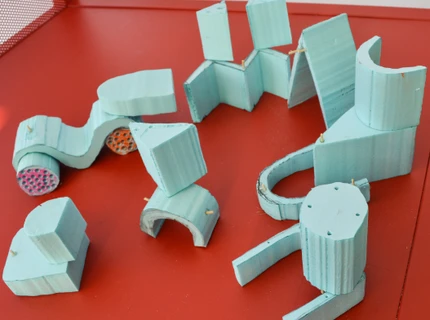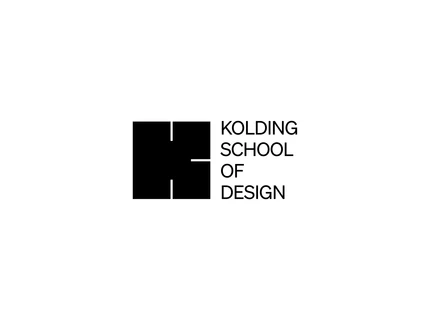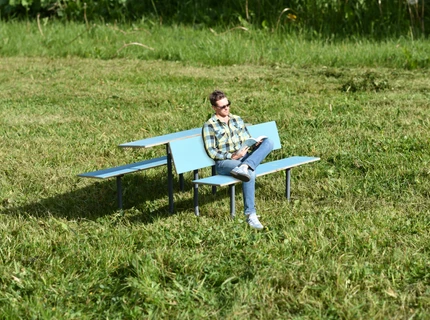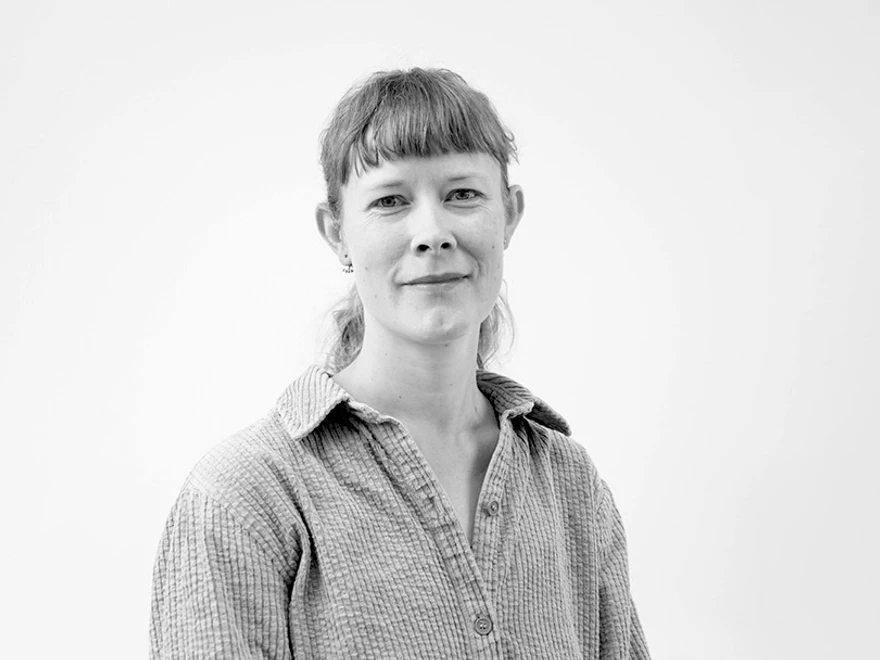Design for Planet (MA)
Why should I choose Design for Planet
The education emphasises experiments, creativity, empathy, ethics, cooperation and one-on-one engagements in and with the world. You must have a strong design-based grounding to which a thematic and multidisciplinary approach to working with sustainability design will be added.
Students from all of the school's own bachelor programmes as well as students from other disciplines will be accepted provided they meet the admission criteria by showing design understanding and technical/creative design skills equivalent to the level of a bachelor’s degree in design.
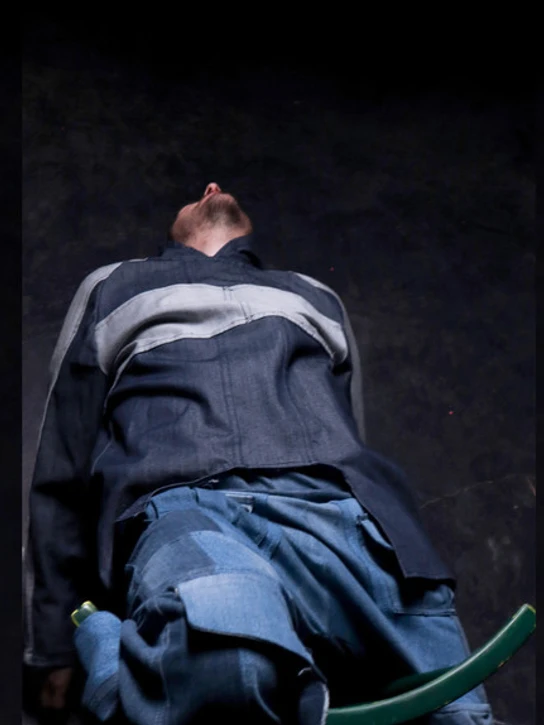
Why is Design for Planet important?
Design for Planet views the value of design as a means of generating changes in the way we do things. Hence the programme − both directly and indirectly − addresses the UN's 17 Sustainable Development Goals, which call on all countries in the world to assume a shared responsibility and be prepared to produce, consume and act sustainably.
Sustainability is a complex subject and there are no easy answers. Design for Planet encourages free and critical thinking in relation to the sustainable agendas it addresses and the programme embraces an understanding of the designer as a transformer of what exists here and now as well as a generator of novel solutions so that design can contribute as much as possible to a more sustainable world.
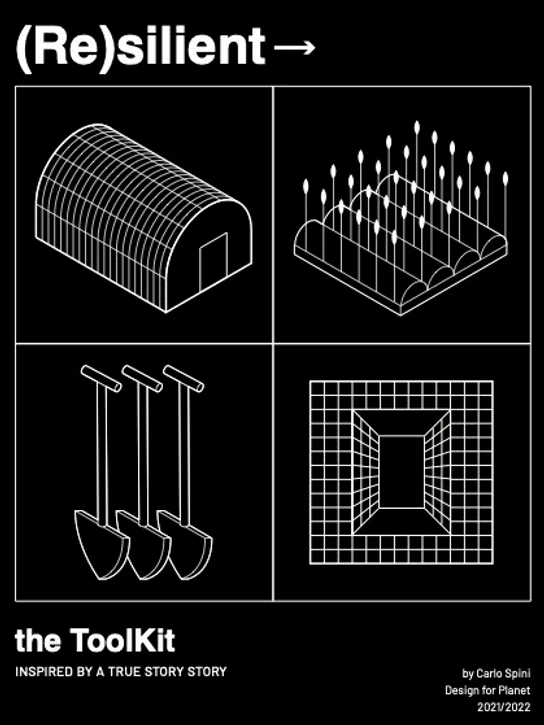
What will I learn?
To support these visions of design, we apply innovative practical working methods within a wide range of topics such as: past use and production practices, user studies, material driven design, speculative prototyping, critical design, holistic systems, circular and sharing economy, design activism and cultural intervention.
Design for Planet offers the opportunity to work with design of materials, products, services, systems, experiences and cultural changes. Hence, throughout the course, students will be acquainted with different design contexts and designer roles.
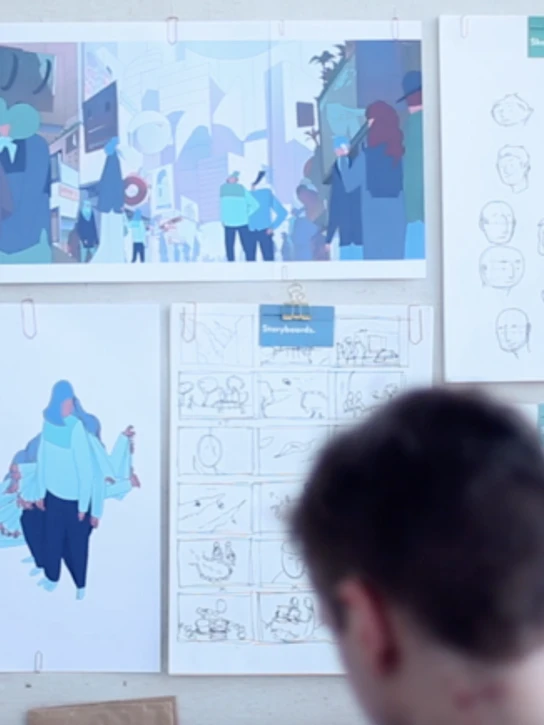
How will I learn?
The instructors at Design for Planet are highly qualified Danish and foreign personalities with experience from research and practice and with a broad professional spectrum.
Changes through design cannot occur in isolation, and therefore Design for Planet collaborates with external actors such as museums, companies, production sites, organizations, associations and institutions.
Generally speaking the programme has a practice approach to design. However, since we consider theoretical and methodological anchoring as essential for the designers of today and tomorrow, a number of written elements are associated with the project work. Furthermore, you must be interested in and be prepared to engage in literature.
In addition to the thematic instruction anchored in Design for Planet, the basic disciplines of textile design, communication design, fashion design, accessory design and industrial design will be continuously developed. A strong professional foundation is a good starting point for learning from each other and discovering opportunities across professional disciplines. Therefore it is possible to work in an interdisciplinary fashion throughout the course.
The instruction comprises a mixture of lectures, workshops, individual and group-based project work and seminars.
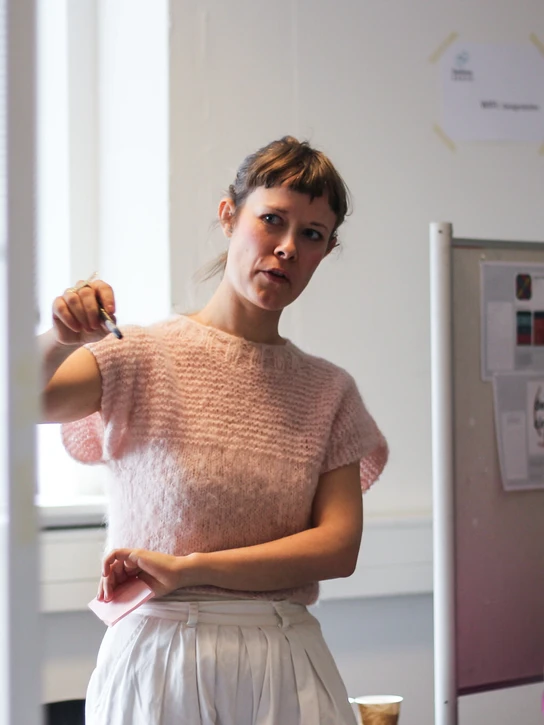
Courses you will meet at Design for Planet
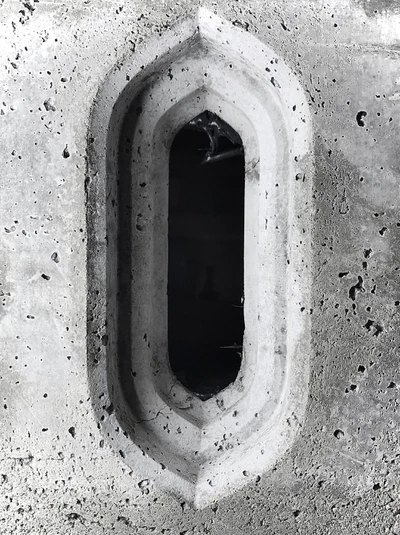
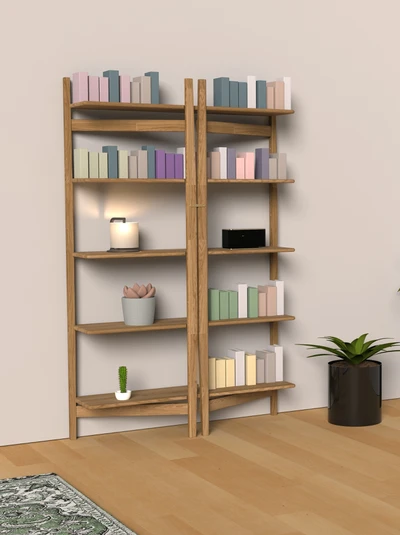
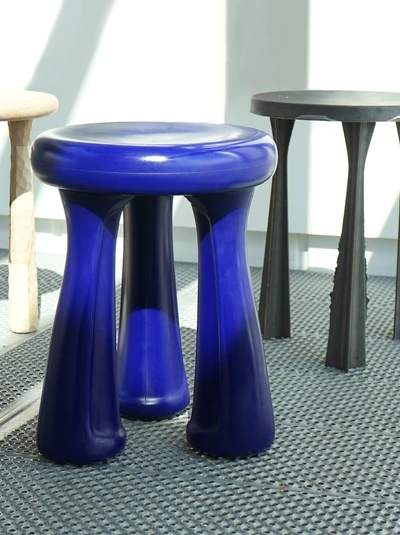
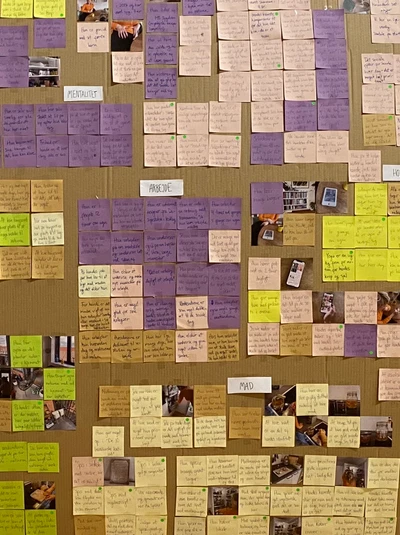
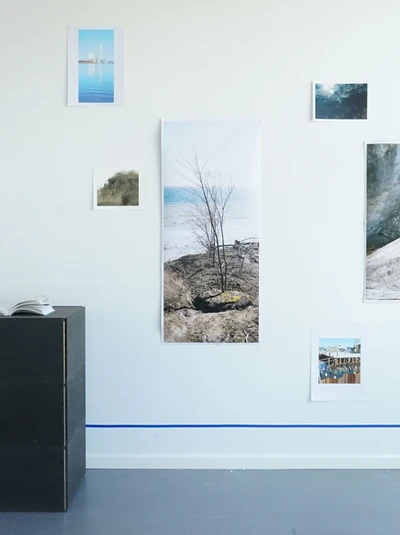

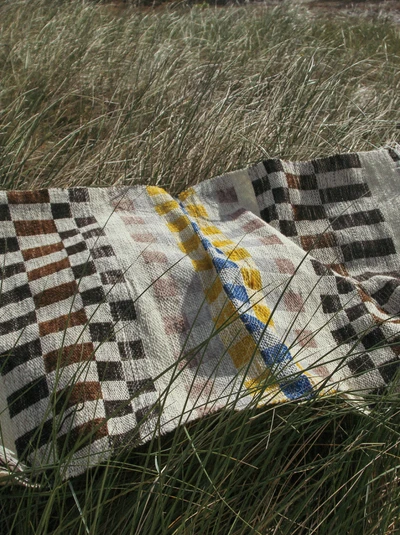
Beatriz Isca, MA / Design for Planet / Industrial Design


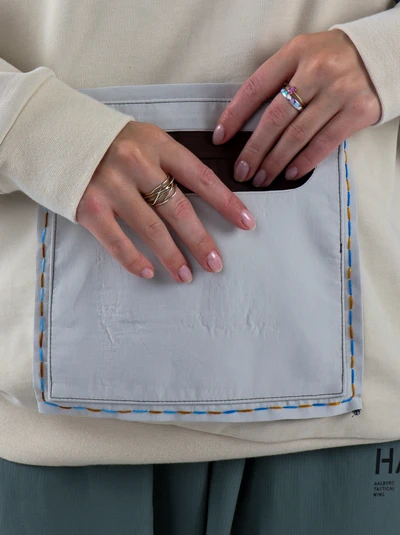
What jobs can I get?
Either as an employee in a company, an organisation, or an institution or as self-employed, you can design and develop products, including communication, that focus on sustainability.
The programme also prepares you to have a systemic approach to working with sustainability in production and use. This could involve circular economy, product lifespan and new services in the private and public sectors. This enables you to help develop sustainable strategies and change within companies and organisations throughout the value chain.
Your experiences with holistic thinking and process planning in relation to many types of approaches to sustainability along with your experiences with cross-disciplinary collaborations could also make you a valued consultant.
In addition, the programme prepares you to pursue an academic career in a university or design school and enables you to become a facilitator, teacher or communicator of design and sustainability.
